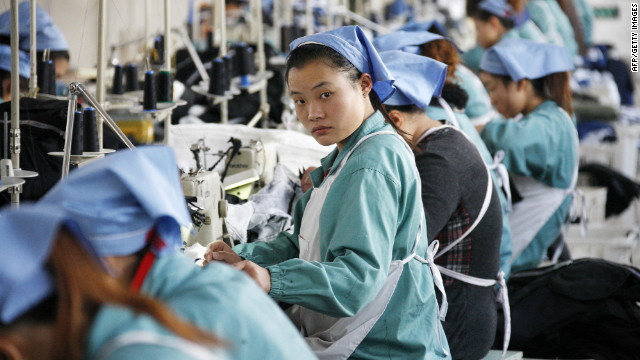|
China has been badly affected by rising trade protectionism since the outbreak of the global financial crisis, a Ministry of Commerce official said over the weekend. Some countries and regions increased exports after efforts to stimulate domestic consumption failed, and even depreciated currency and raised subsidies to improve the competitiveness of exports, said ministry spokesman Yao Jian. "Such moves have led to rising protectionism," he told a forum on international trade development in Tianjin on Saturday. During the first nine months of this year, 19 economies launched 88 probes into Chinese products, involving more than $10 billion in exports. These included 57 cases of anti-dumping, nine of anti-subsidy, 15 of safeguarding measures and seven cases of special protection, said Yao. "In particular, the United States' trade disputes with China are increasing," he said. The US has this year launched 14 probes into Chinese exports worth almost $6 billion, soaring seven times last year's value. China's exports to other major economies also fell following the onset of the crisis, but the market shares of Chinese products were rising, said Yao. He said China's exports to the US in the first nine months of this year were worth $185 billion, down almost 15 percent on the same period last year. However, imports from China accounted for 18.8 percent of all US imports, up almost 4 percentage points year on year. During the same period, China's exports to Japan dropped more than 14 percent to $87.9 billion, while 22 percent of Japan's imports came from China, up almost 4 percentage points, Yao said. China's exports to the European Union fell 21 percent to $161 billion but accounted for 17 percent of the EU's total imports, up 2.9 percentage points, he said. The increased market shares indicated the competitiveness of China's foreign trade, he added. |
|
China suffers from protectionism: MOC
Updated: 2009-11-9 Source: China Daily

Recommended News
Photo Gallery
Most Popular



